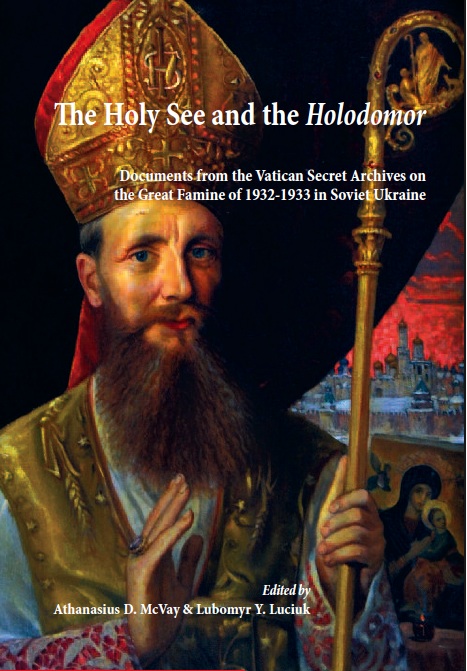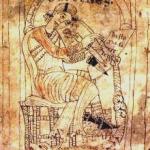Ukrainians are currently commemorating the anniversary of what is known as the Holodomor, a famine which struck Ukraine between 1932-3. Estimates of the deaths caused by the famine range from 1.8-7.5 million, unprecedented in the history of Ukraine.
What makes the disaster more horrendous was the fact that it was man made, targeted at the Ukrainian population and used as a form of administrative control by Soviet authorities. This explains the reference to the famine by Ukrainians as a “killing by hunger” – Holodomor.
The Holodomor has been referred to by Ukrainians as an act of genocide by the Soviet Union, as a response to stirrings of Ukrainian nationalism. The targeted nature of the famine can be evinced by a number of factors identified by Yale historian Timothy Snyder. According to Snyder, certain administrative measures were put in place in the lead up to and during the famine that only applied to the Ukraine. This included confiscations of livestock from and cutting of rations to peasants unable to meet quotas, as well as the closing of borders to the same peasants who tried to seek asylum in other countries such as Rumania. Many were forced to resort to cannibalism in order to survive, with Soviet-era court documents showing up to 2500 convictions for cannibalism during the period of the Holodomor. A constant source of tension during this anniversary period is that for political reasons, many are denying the existence of the Holodomor.
What is little known about the Holodomor is the response to it by the Vatican. This is largely due to the lack of sources translated into English. It is a notable gap in the literature, considering that documents in the Vatican archives covering this period have been declassified under the pontificate of Benedict XVI.
Athansius McVay, however, has provided the anglosphere readers with a highly valuable resource on the subject with the release of Holodomor and the Holy See: Documents from the Vatican Secret Archives on the Great Famine in 1932-3 in Soviet Ukraine, co-authored with Lubomyr Lociuk. The documents, according to McVay, highlight the grave concern as well as the actions taken by the Holy See in response to the Holodomor, and illustrate the Vatican’s mastery of indirect diplomatic action, as well as the internal machinations of the Vatican City State.
McVay was responsible for transcribing these recently declassified documents at the Vatican archives and is able to give a unique insight into this not very well known aspect of diplomatic history. The book will be of interest to archival historians, enthusiasts of European or political history, and those interested in the machinations of Vatican diplomacy. Interviews of McVay about the book can be found by clicking here (for a Vatican Radio interview) and here (for an interview with the blog Eastern Christian Books).
















